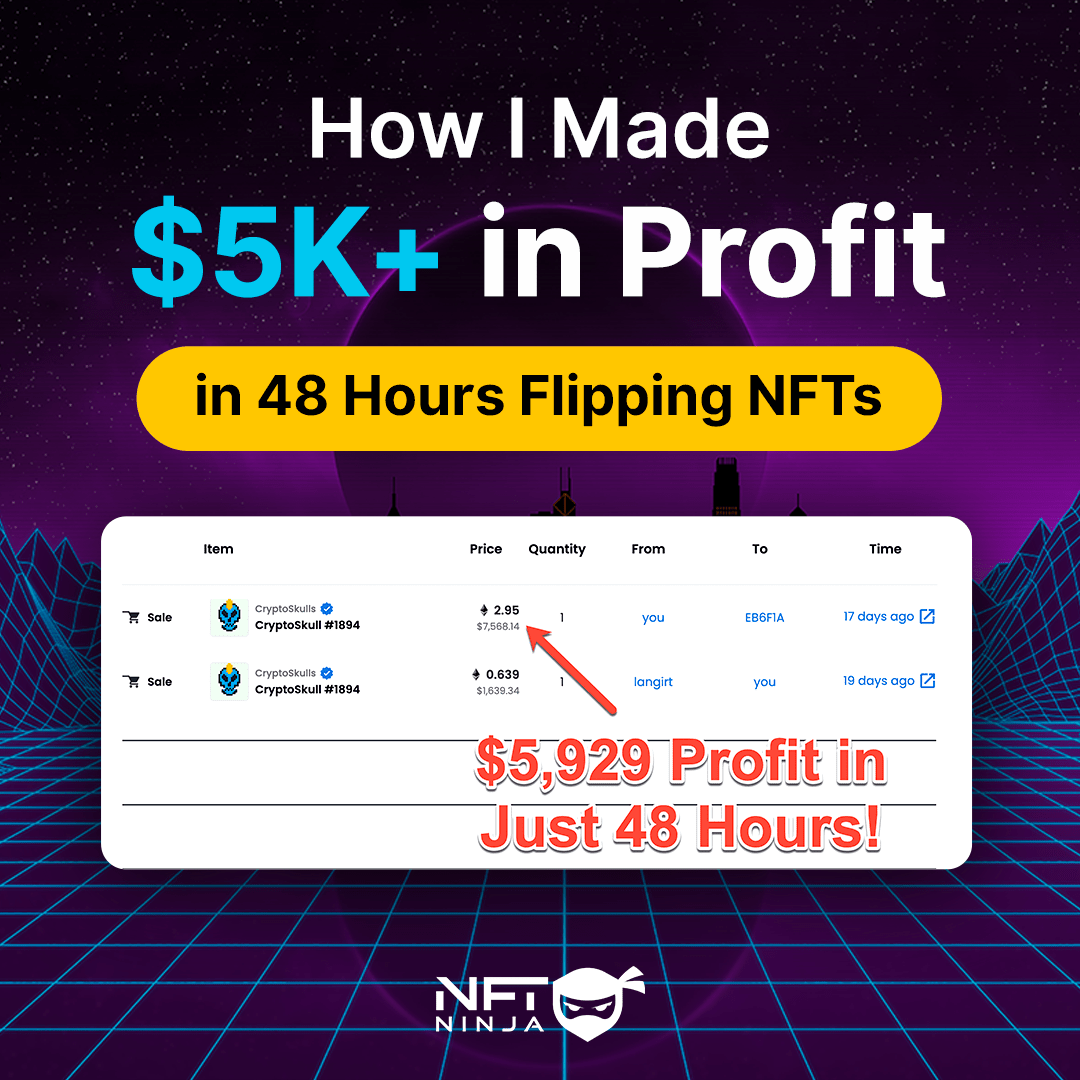Digital fashion house ‘The Fabricant’ is known for creating and selling the first fashion NFT in 2019! Now, it is changing its business model again to focus on servicing brands. The Fabricant recently revealed this move through a feature in Vogue Business. Let’s take a closer look at how The Fabricant is changing, and why.
TL;DR:
- The Fabricant, known for creating and selling the first fashion NFT in 2019, is changing its business model to focus on servicing brands instead of solely consumer co-creation.
- The shift comes as the value of ETH dropped and consumer enthusiasm in NFTs waned. This led the company to recognize that brands need more support in the digital fashion space.
- The Fabricant aims to offer brands a platform for digital fashion production and distribution.
From Consumer Co-Creation to Brand Support Platform
Previously, the company shifted towards a consumer co-creation platform for fashion NFTs. However, they found that brands, rather than consumers, needed more support in this space. Now, The Fabricant aims to offer brands a platform to produce and distribute digital fashion extensions, focusing on “premium, culture-defining brands and creators,” with a specific target on Gen Z.
Why did they make this change? Well, The Fabricant’s recent shift comes as the value of ETH dropped and customer enthusiasm in NFTs died down. It also recognizes that digital fashion is no longer solely associated with the crypto market. In fact, brand strategies have evolved to focus on long-term partnerships with companies like Epic Games, LVMH, and Yuga Labs.

The Future of The Fabricant
The company’s co-founder and CEO, Kerry Murphy, envisions The Fabricant as a decentralized version of LVMH, where it serves as just one of the successful brands within the space. To achieve this, The Fabricant has received a “mega grant” from Epic Games. It has also raised $14 million in Series A funding.
Don’t worry – The Fabricant will continue to create in-house fashion under its label. However, now it will also offer brands access to its platform for digital fashion production and distribution. It will also release a new collection called Primal Rave, combining traditional Dutch dress with rave silhouettes. Moreover, the company plans to participate in couture week in Paris.
So, while the company is refocusing on brands, it will still allow limited co-creation for consumers through personalization. The Fabricant’s journey highlights the evolving landscape of digital fashion and the need to adapt to market dynamics and brand needs. As the industry continues to grow and gain acceptance, it offers new opportunities for creativity, innovation, and profitability.
All investment/financial opinions expressed by NFTevening.com are not recommendations.
This article is educational material.
As always, make your own research prior to making any kind of investment.


















